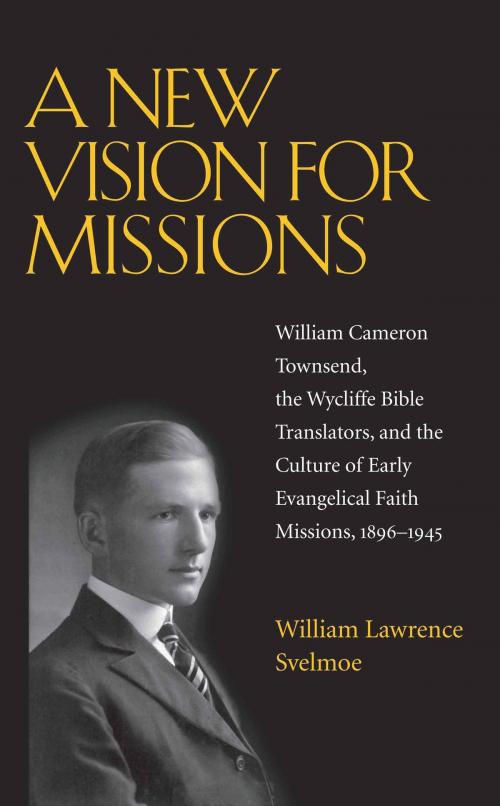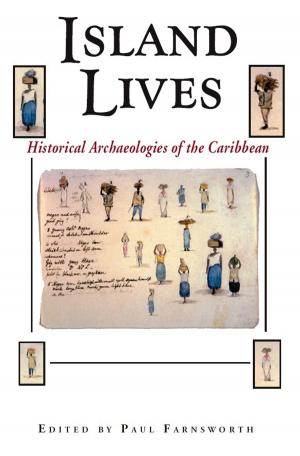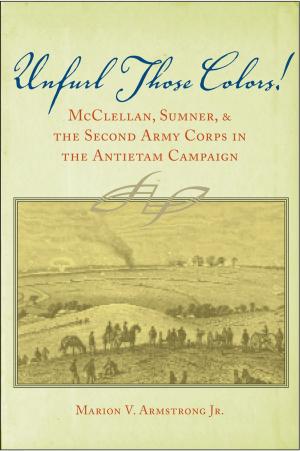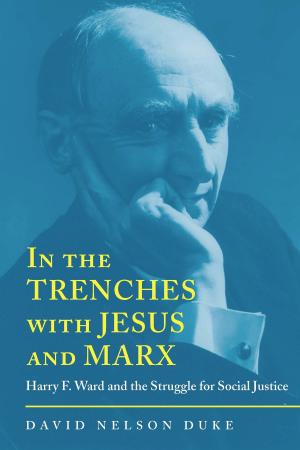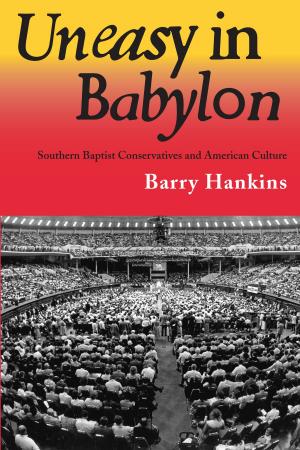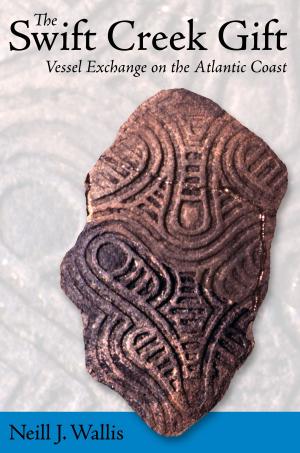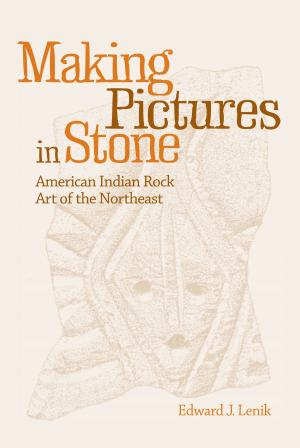A New Vision for Missions
William Cameron Townsend, The Wycliffe Bible Translators, and the Culture of Early Evangelical Faith Missions, 1917-1945
Nonfiction, Religion & Spirituality, Christianity, Evangelism| Author: | William Lawrence Svelmoe | ISBN: | 9780817380656 |
| Publisher: | University of Alabama Press | Publication: | October 12, 2008 |
| Imprint: | University Alabama Press | Language: | English |
| Author: | William Lawrence Svelmoe |
| ISBN: | 9780817380656 |
| Publisher: | University of Alabama Press |
| Publication: | October 12, 2008 |
| Imprint: | University Alabama Press |
| Language: | English |
“Cam” Townsend is rightly known as the visionary founder of the Summer Institute of Linguistics (SIL) and the Wycliffe Bible Translators. This joint effort is now the largest Protestant mission organization in the world, a mission which has dramatically changed the culture of what used to be known as faith missions.
Townsend revolutionized Protestant missions by emphasizing that missionaries needed to learn the language of the people to whom they were sent and to live among them in order to understand their communities. His system stressed training the missionaries in public health, basic education, and agricultural skills. The demonstrated success of missionaries who followed Townsend’s plan led to SIL/WBT influence in the larger societies in which the organization was present. Townsend was non-dogmatic in seeking allies to pursue his objectives, including local political movements and power structures, academics, and other religious faiths, increasing the influence of his group to the point that SIL/WBT became a major factor in the national affairs of the countries in which they were active, particularly in Latin America.
The very success of Townsend’s methods led to trouble with his base in the United States. As conservative and evangelical financial backers and prospective missionaries saw the organization and Townsend working amicably with Roman Catholics, leftist political groups, and atheist and agnostic academics, the SIL/WBT ran into trouble at home.
“Cam” Townsend is rightly known as the visionary founder of the Summer Institute of Linguistics (SIL) and the Wycliffe Bible Translators. This joint effort is now the largest Protestant mission organization in the world, a mission which has dramatically changed the culture of what used to be known as faith missions.
Townsend revolutionized Protestant missions by emphasizing that missionaries needed to learn the language of the people to whom they were sent and to live among them in order to understand their communities. His system stressed training the missionaries in public health, basic education, and agricultural skills. The demonstrated success of missionaries who followed Townsend’s plan led to SIL/WBT influence in the larger societies in which the organization was present. Townsend was non-dogmatic in seeking allies to pursue his objectives, including local political movements and power structures, academics, and other religious faiths, increasing the influence of his group to the point that SIL/WBT became a major factor in the national affairs of the countries in which they were active, particularly in Latin America.
The very success of Townsend’s methods led to trouble with his base in the United States. As conservative and evangelical financial backers and prospective missionaries saw the organization and Townsend working amicably with Roman Catholics, leftist political groups, and atheist and agnostic academics, the SIL/WBT ran into trouble at home.
